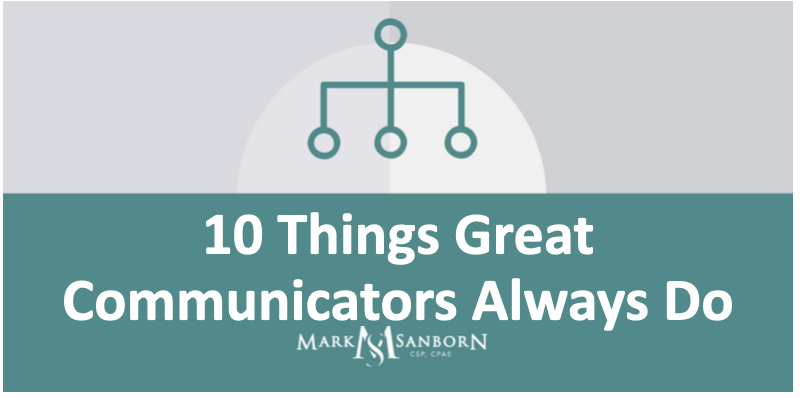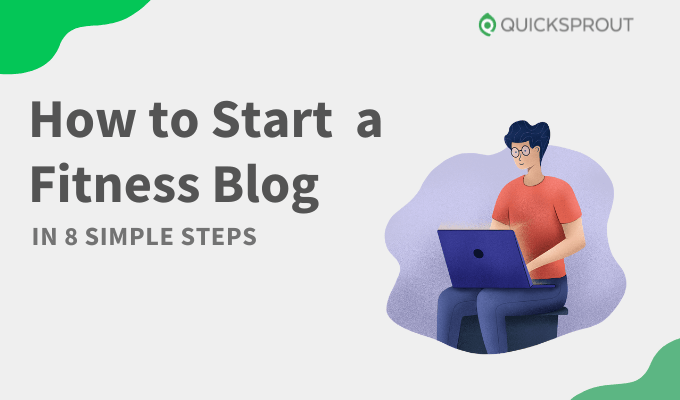From education to cognitive reserve, discover the key factors that slow down cognitive decline as we age.
Why do some people’s cognitive skills glide down a gentle slope as they age while others fall of a cliff?
Living healthily — eating right and getting enough exercise — are certainly important, but they don’t explain the whole picture.
In fact, many of the factors we think of as being vital to aging gracefully have relatively little effect, research finds.
Lifestyle factors like avoiding smoking, taking vigorous exercise and weight control explain only about 38 percent of the variation in cognitive functioning by the time people reach their mid-50s.
And between the ages of 54 and 85, these lifestyle factors only account for a measly 6 percent of the variation in how quickly people decline cognitively.
So what about the rest? Could that all be down to genetics and therefore something we can do nothing about?
Dr Hui Zheng, the study’s first author, is not sure either:
“There’s still a lot we don’t know about why cognitive functioning varies so much between older adults.
More research is urgently needed to discover the main causes of how quickly cognitive functioning declines and how we can slow down its progression.”
Education is top factor
For the study, researchers used data from over 7,000 people whose cognitive functioning was tracked until they were 85-years-old.
The results showed that education was the single largest factor in explaining people’s cognitive decline up to the age of 54 (25 percent).
People with more education, then, retained greater thinking skills with age.
After this, race, parental education, depression, occupation, and household wealth had relatively little effect, as did marital status, religion, gender, health behaviours and chronic diseases.
In contrast, all these factors had relatively little effect between 54 and 85.
This suggests it is much better to start change earlier, said Dr Zheng:
“From an intervention perspective, that suggests it is much more important to try to improve functioning at the baseline than trying to slow down the rate of decline.”
Cognitive reserve
The beneficial effect of education in maintaining thinking skills supports the ‘cognitive reserve hypothesis’.
This is the idea that people who build up cognitive reserves early on are better able to withstand the degrading effects of age or brain damage.
It is rather like a runner who is capable of running faster than they habitually do, so that when age slows their maximum, they can still use that extra bit of performance.
Dr Zheng said:
“College may provide an especially rich environment for cognitive development that may help people develop this cognitive reserve.”
What about genetics?
This study did not include genetic factors, but other research has suggested that 41 percent of cognitive decline is down to genetics.
That still leaves much to be explained.
Dr Zheng said:
“Cognitive decline is pervasive in older adults, even those without dementia, which is why it is important to study other predictors of cognitive functioning and decline.
But still, our study raises more questions than it answers.
We have a long way to go to understand the trajectories of cognitive functioning in older adults.”
The study was published in the…
Keep reading here















